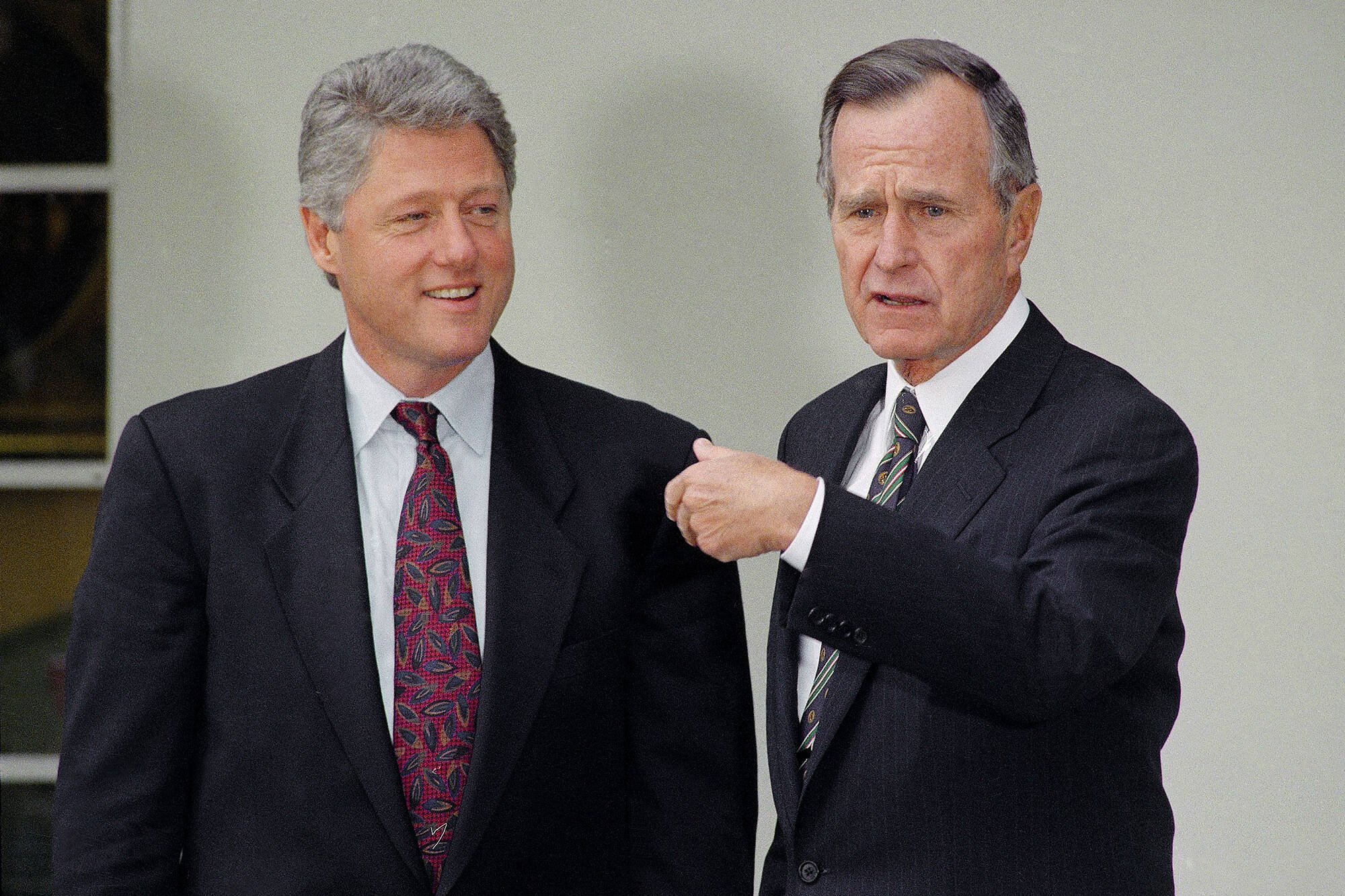Imports make up a smaller share of our economy than any other major country
President Trump is back in tariff mode. In just the past few weeks, he’s rolled out new trade deals with the EU, Japan, and South Korea, threatened higher duties on everything from copper to cars, and slapped double-digit tariffs on some of our biggest trading partners.
It’s safe to say trade and tariffs are the signature issue of President Trump’s second term so far. So, it’s worth asking one very basic question:
How much of the U.S. economy is even touched by imports in the first place?
America is the least import-dependent major economy on Earth
In most countries, trade policy changes are a big deal because imported goods and services make up a big chunk of “gross domestic product” (GDP), a broad measure of the economy.
That’s not true here.
In the U.S., imports account for just 14% of GDP – lower than any other major country:

That may come as a surprise. For all the talk about offshoring and factory closures, most of what Americans buy is still made here. Over 80% of all industrial inputs – raw materials used to make the products consumers buy – come from inside the U.S.
Another reason for our low import share is the sheer size of the U.S. economy. America’s is easily the biggest in the world, at nearly $30 trillion of GDP. A big chunk of that is in “services” like finance, software and health care, which are less affected by tariffs.
Every country needs to import some things. But in a country this big, even large volumes of imports make up a relatively small slice of the pie.
That doesn’t mean tariffs don’t matter. They can still raise prices in targeted sectors or trigger retaliation that hurts U.S. exporters. But at the macro level, their reach is limited.
Most of the U.S. economy runs on what we make – and what we do – right here at home. That’s why even sweeping tariff hikes tend to land with more noise than economic impact.
Related
Peyton Lofton
Peyton Lofton is Senior Policy Analyst at No Labels and has spent his career writing for the common sense majority. His work has appeared in the Washington Examiner, RealClearPolicy, and the South Florida Sun Sentinel. Peyton holds a degree in political science from Tulane University.





You must be logged in to post a comment.